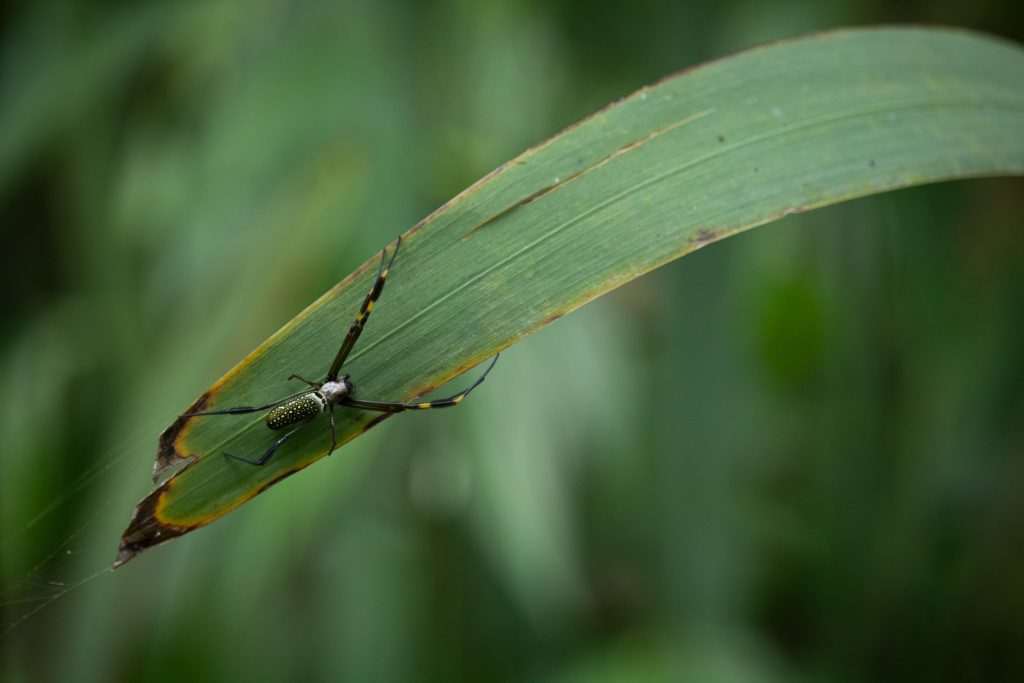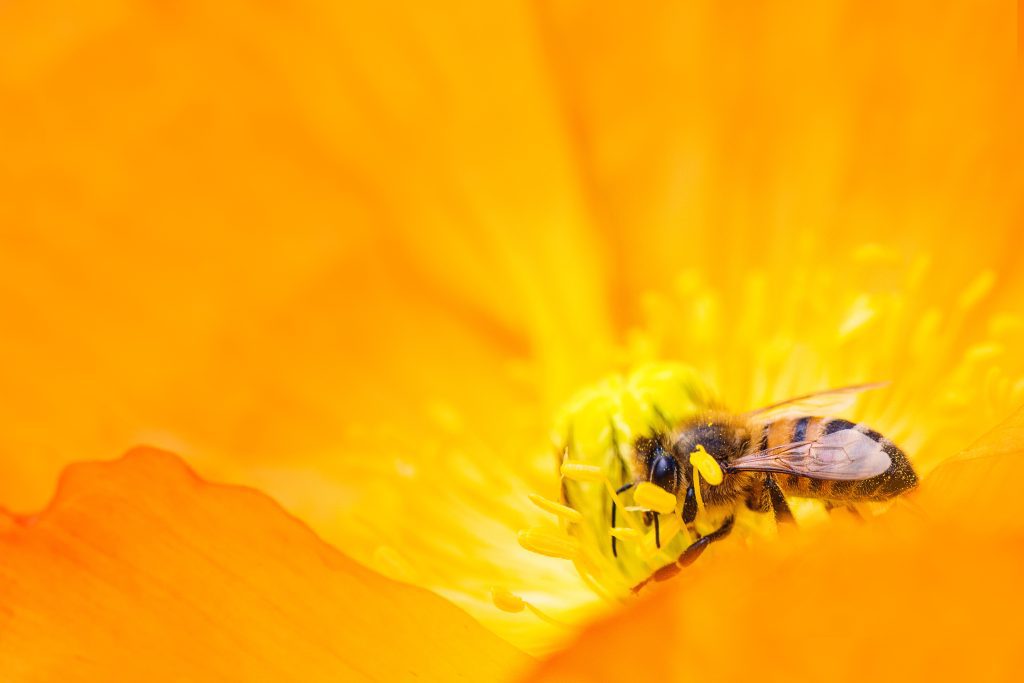Cold, Cold Heart: Do Invertebrates Have Feelings?
For some years now, scientists have been conducting research on the emotional experience of animals. This proved that some animals do feel emotions like love, joy, fear, grief, etc. Now, the focus has been on whether invertebrates, like insects, octopuses, and crabs, also have such emotions.

A specialist in animal minds said that researchers have reached a tipping point, thanks to the number of studies conducted in the area. He mentioned that science is coming closer to accepting that animals have feelings and emotions. He said available research evidence proves that many invertebrates undergo “emotions,” which, according to him, matters morally.
The specialist and a fellow researcher argued that, since invertebrates are not immune to pain, their experiences need to become part of our species’ moral landscape.
Research Findings
If invertebrates indeed have emotions, how should we then relate to them? Different animals react differently to emotions. Therefore, it is tough to quantify the feelings of animals. Unlike humans, who can express emotions through speech, animals can’t do that.
However, how they respond to physical/surrounding activities can determine their emotional state.
In an experiment, honeybees were shaken for a minute to simulate a predatory feeling. The results showed that, when compared to bees that weren’t shaken, the bees’ equivalent of blood was lower in dopamine and serotonin.

Prior to the test, the bees were trained to recognize the reward of sugary liquid and the punishment of taking bitter quinine solution. After the experiment, the shaken bees expressed doubt about getting a nice treat.
They were offered a mix of different ratios of quinine and sugar, plus a half-half mix of both. But due to their “negative cognitive bias,” the likelihood of them presuming the borderline mixture as a punishment was high as compared to the unshaken ones.
The behavior displayed by the bees correlates with that of vertebrates more than scientists previously thought. The researchers argue that this would be classified as “emotion” if the same response was identified in humans.
